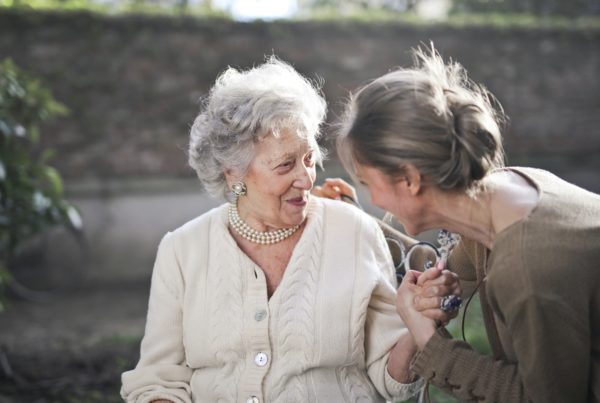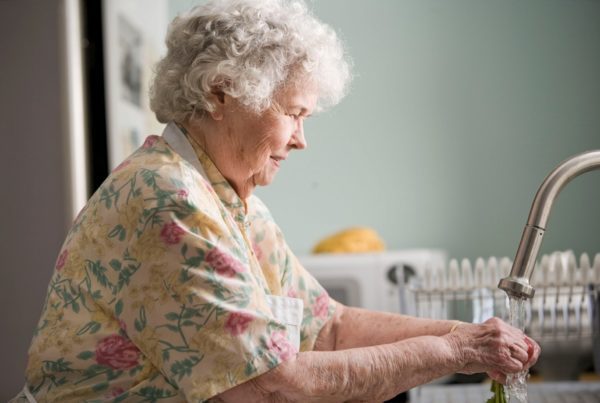According to figures from the Alzheimer’s Society, the number of people in the UK with dementia will rise to over 1 million by 2025. This year alone 225,000 people will develop dementia. However, a dementia diagnosis doesn’t have to be the crisis that it may at first seem, as many people with the condition develop coping tools to adapt to the changes that living with dementia can bring.
Prepare in advance to cope with common dementia symptoms
Anxiety and depression can often accompany dementia and seeking early help for this can make all the difference when it comes to coping. Taking counselling, cognitive behavioral therapy, meditation classes, and joining a support group are things that have helped many people to cope. It’s a good idea to get started with this kind of support at the earliest opportunity so that coping skills are acquired as well as creating familiar routines before the dementia progresses.
Restlessness and boredom is another common issue facing people with dementia and although this can occur later on, it can be limited to a degree by planning activities, keeping up with hobbies as long as is practicable.
Create a new strategy for the way that you live
It’s important to keep a focus on what you can do and retain independence for as long as possible, being prepared to adapt and have others help as the dementia progresses.
It can be useful to come up with strategies to help. For example, you may have no problem staying on top of the cleaning, but forget to take medication. Setting up a daily phone notification can help you to remember to take medications.
There are other useful things you can use to help keep your independence, such as using timers for cooking, and using check lists for routines you are having difficulty in remembering.
Develop a daily routine
Routine is important for those living with dementia; it introduces a degree of predictability that can become subconscious. If you have trouble remembering the routine initially then simply write it down somewhere accessible so that you can refer back to it whenever necessary. This will enable you to spend less time working out what should be on the agenda for the day and more time doing it.
Ensure that your daily routine includes some exercise. 30 minutes of walking a day will help you to keep healthy. If you are less mobile, then you can find a more suitable exercise routine to do; there is plenty of choice on YouTube for example.
Accept the changes
Acceptance of change is difficult at any stage in life, and particularly so when those changes seem frightening. However, accepting how you feel or what you do will give you a clearer perspective on how to help yourself or ask for help from others.
Focus on your health
For anyone over a certain age it’s important to stay as active and healthy as your body allows. Rethinking diets to reduce sugar and salt intake and increase consumption of fruit and vegetables can give you more energy and make you feel better physically. Regular exercise, plus reducing cigarette and alcohol intake, has a positive impact on both body and mind.
Develop new coping tools
Many people turn to humour, for example, to cope with the upset and change that dementia can bring and this has proven very effective. Practicing mindfulness and learning to live for the moment can also bring a new sense of contentedness and pleasure to anyone currently coping with dementia.




